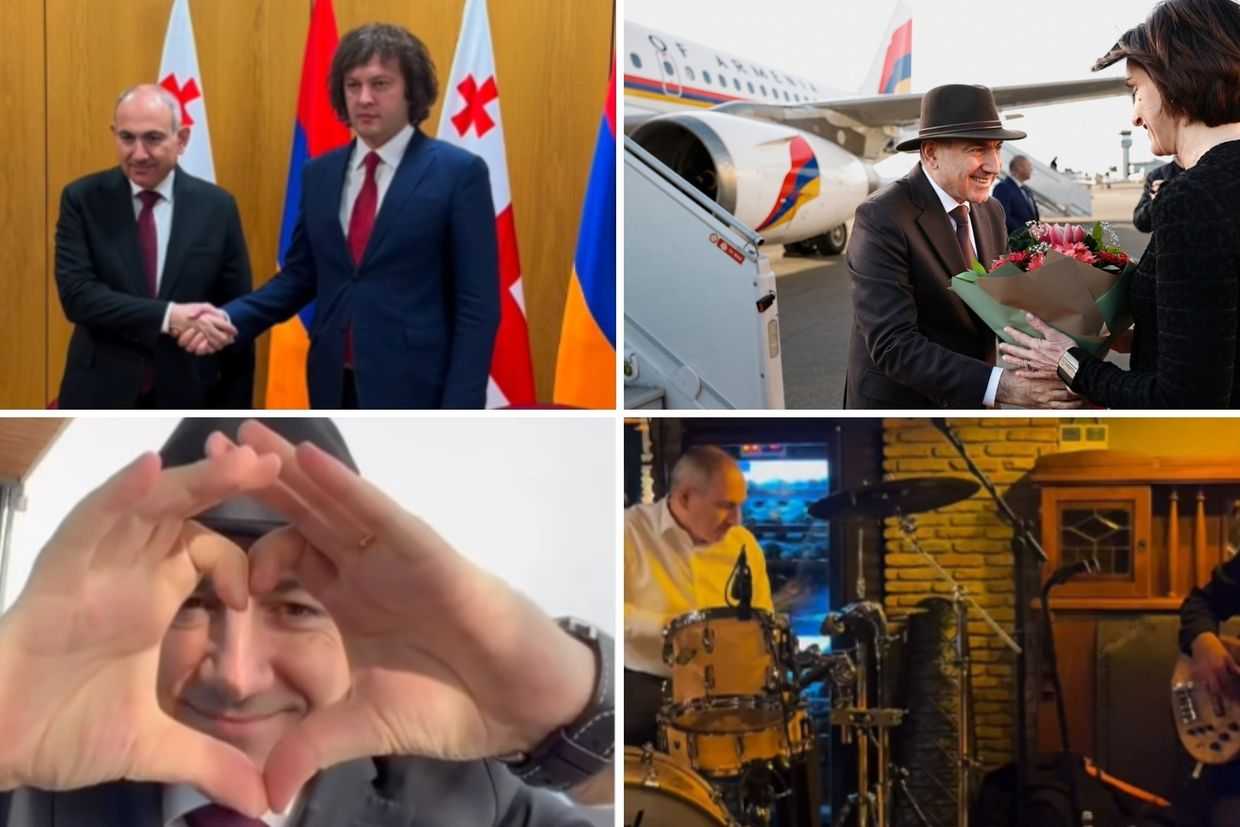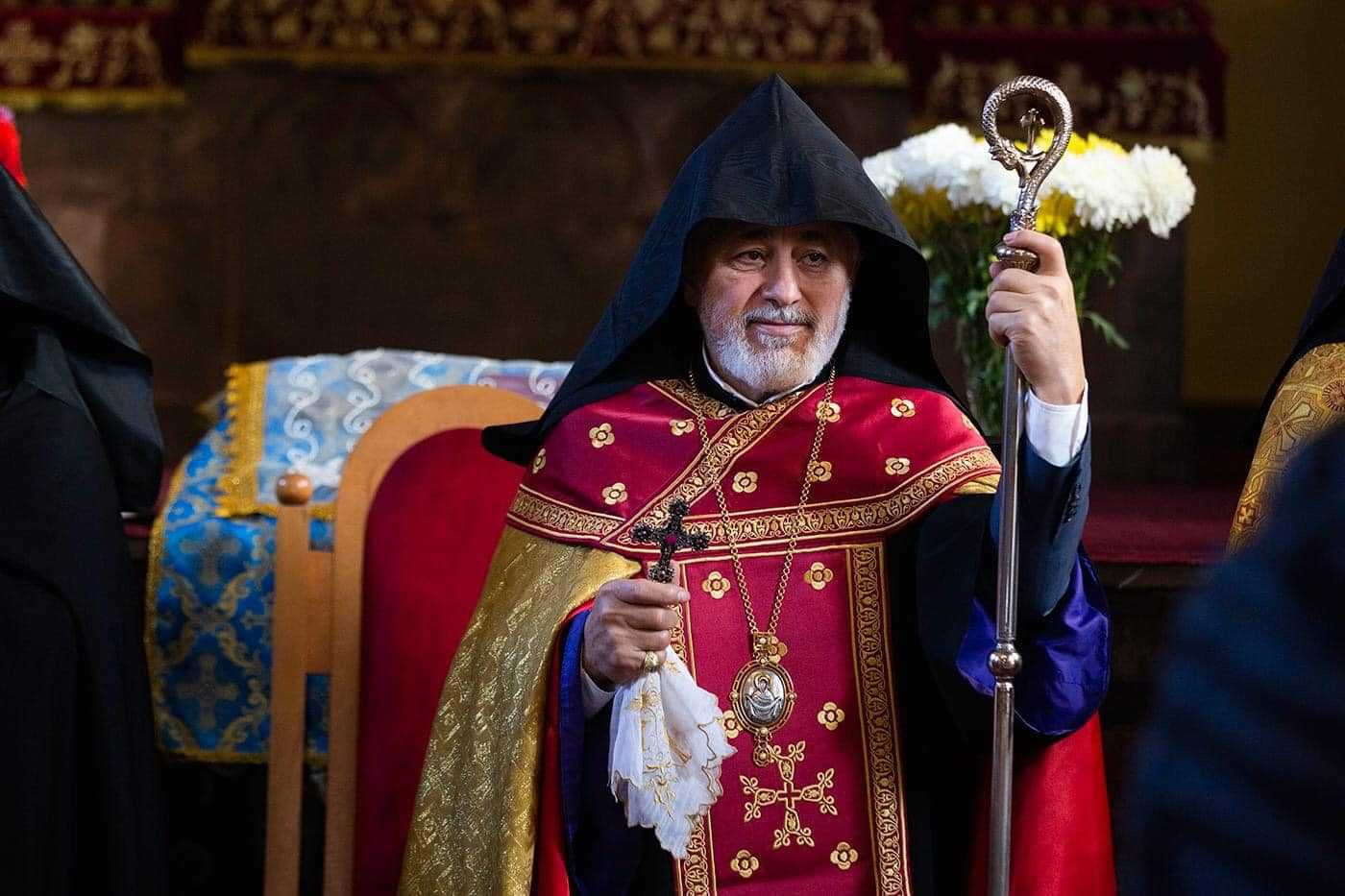
As Moscow turns on Pashinyan, the EU should step up its support for Armenia’s fledgling democracy.
The military operation initiated by Azerbaijan, which it framed as an ‘anti-terrorist operation’ aimed at gaining control over the Northern Karabakh region, has undeniably triggered substantial changes in the geopolitical landscape of the South Caucasus.
Under the leadership of strongman President Ilham Aliyev, Baku has opted for a forceful approach to pursuing the reintegration of its territories over a comprehensive, and likely protracted, diplomatic process that would necessitate Western international mediation.
Baku’s strategy is anchored in two critical factors. First, its military superiority over Armenia, as demonstrated during the 44-day war in 2020. The second factor is Russia’s declining power projection, triggered by Ukraine’s resilience against Russian aggression.
Concurrently, Armenia is gradually disentangling itself from the enduring three-decade conflict with Azerbaijan, particularly regarding matters related to territorial integrity.
In an effort to fundamentally alter the course of development, the current Armenian leadership is undertaking a risky endeavour by addressing longstanding issues with Baku.
Prime Minister Nikol Pashinyan has thus far played the role of an honest broker, working to create the necessary political and diplomatic conditions for a peace agreement with President Aliyev. This involved diplomatic efforts within Moscow — and Brussels-driven formats. An essential component of this process is the establishment of secure borders through a legally binding treaty, in which both sides mutually recognise each other’s territorial boundaries. To this goal, Armenia has chosen to rely on the EU, which is an active promoter of an international rule-based order.
Pashinyan’s second objective has been to ensure the safety and security of the population in Nagorno-Karabakh.
In pursuing two primary goals — securing national borders and protecting the status of Nagorno-Karabakh — Pashinyan faced the difficult task of prioritising the former. In his address to the nation on 24 September, he acknowledged that Armenia was collaborating with external partners in an attempt to establish an international mechanism to ensure security and prevent the displacement of the Armenian population of Nagorno-Karabakh. However, he also recognised the need to prepare for the possibility of receiving refugees if these efforts failed.
Armenia’s prioritising diplomatic and political efforts, especially in collaboration with Western partners, has the potential to strengthen the role of international diplomacy.
If a peace agreement is successfully negotiated, as planned during the European Political Community meeting in Granada on 4 October, Armenia could secure substantial strategic gains in terms of international support.
Simultaneously, Russia is aware of the shifting local geopolitical dynamics, as Armenia seeks to diversify its sources of external security by rebalancing its relations with Russia and the Collective Security Treaty Organisation (CSTO) in favour of the EU and the US.
These multifaceted dynamics underscore the intricate geopolitical manoeuvring taking place in the South Caucasus, one in which the EU can and should be more assertive.
The EU’s expanding, yet limited, geopolitical ambitions
The EU Mission in Armenia, established by the EU in 2023 and operational since February, plays a significant role in enhancing both Armenian security and regional stability. While the primary mission of this civilian operation is to monitor the borders, thereby exerting a stabilising influence, it also serves as a deterrent against potential escalations originating from the Azerbaijani side. Importantly, it’s worth noting that the mission’s mandate did not encompass the Nagorno-Karabakh issue.
Throughout 2022, Nagorno-Karabakh received relatively little attention from the EU. However, this changed in September when Baku initiated a military operation aimed at bringing the breakaway region under its constitutional control. Prior to that, President of the European Council Charles Michel and French leader Emmanuel Macron engaged in high-level diplomacy to facilitate discussions between President Aliyev and Prime Minister Pashinyan. The focus of these talks was primarily on border demarcation, with the Nagorno-Karabakh settlement not on the immediate agenda.
The EU’s initial reaction to the unilateral use of force by Baku was expressed on 19 September. Initially, Brussels did not specifically accuse Azerbaijan of launching the military operation in Karabakh, but instead issued a general call to all actors to return to dialogue and cease hostilities. However, it should be noted that there was no meaningful dialogue in existence prior to Baku’s military action.
Simultaneously, the EU voiced concern about the potential displacement of the Armenian population. The EU offered its services as a mediator, but Baku ultimately opted for the Russian peacekeepers.
Subsequently, the EU took a more assertive and principled stance against Azerbaijan’s actions. Just two days later, on 21 September Brussels issued a warning to Baku, stating that if the population in Nagorno-Karabakh were forcibly displaced, a serious response would follow. The EU explicitly held Baku responsible for the security and rights of the Karabakh Armenian population. This represented the strongest statement made by the EU concerning Azerbaijan’s actions in relation to Nagorno-Karabakh, finally bringing the crisis into the EU’s geopolitical focus.
What should the EU do next?
In a rapidly evolving local context, the EU must overcome its historical timidity and take a more active role in this region’s geopolitics.
Despite its less-than-ideal track record in resolving conflicts in its eastern neighbourhood and countering the destructive policies of Russia, which pose a threat to regional security, the EU has a unique opportunity to provide support to Armenia.
This assistance would not only fortify a vulnerable democracy situated amidst autocratic regimes to the east, west, and south, as well as faltering democracies to the north, but it would also act as a deterrent against Azerbaijan’s growing militaristic tendencies. Additionally, the EU will reduce the dependence of Armenia on Russia.
In contrast to other Western actors, such as the United States, the EU possesses a mission that has the potential for broader application in stabilising Armenia.
Meanwhile, Russia seems poised to exploit the crisis in Nagorno-Karabakh to further its own strategic interests and maintain its influence in the South Caucasus. Moscow has chosen to engage directly with Baku while simultaneously undermining the legitimacy of Armenia’s leader, Prime Minister Pashinyan. This approach fosters political instability and could lead to the resurgence of nationalist forces.
The EU must act swiftly to prevent the situation from escalating into a scenario reminiscent of the Balkans, marked by ethnic cleansing.
Mere warnings of a strong response are insufficient; Brussels must employ the language of sanctions to clearly delineate the red lines that Baku must not cross in order to avoid facing serious consequences.
The opinions expressed in this article are the author’s alone, and do not necessarily reflect the views of OC Media’s editorial board.








